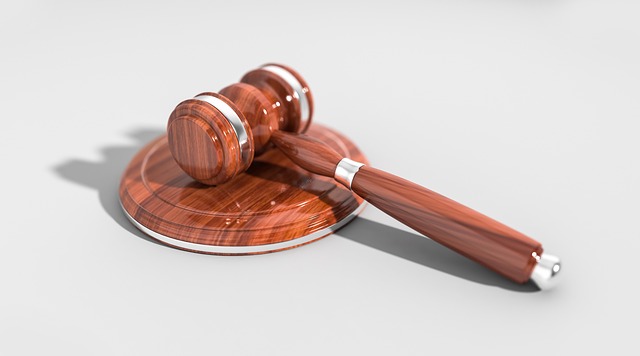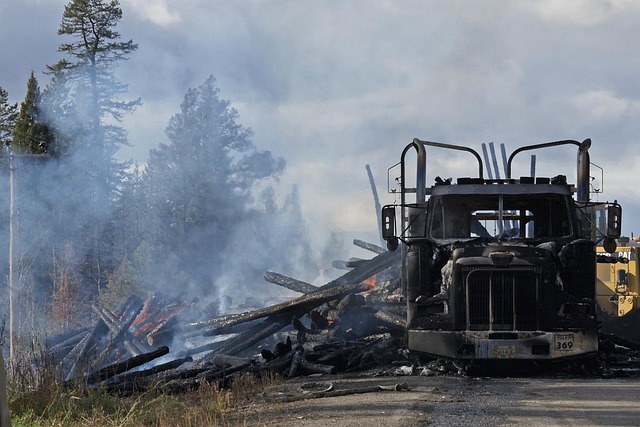Delayed onset injuries from car accidents, though complex, significantly impact lives. Secure compensation requires thorough medical documentation and expert testimony. Specialized lawyers help navigate legal complexities, ensuring fair redress for long-term health issues, reduced quality of life, and medical bills. Swift action post-accident is crucial; seek medical care, document experiences, gather evidence, and review policies for optimal car accident compensation protection.
Car Accident Compensation for Delayed Injuries
Car accidents can cause immediate or apparent injuries, but some harm may not surface until later. Understanding delayed onset injuries is crucial in navigating the compensation process. This guide aims to shed light on your legal rights and the steps to maximize your claim.
We’ll explore how these injuries are recognized, the potential for car accident compensation, and practical tips to ensure you receive fair support for your suffering.
- Understanding Delayed Onset Injuries in Car Accidents
- Legal Rights and Compensation Process
- Maximizing Your Claim: What to Do After an Accident
Understanding Delayed Onset Injuries in Car Accidents

Delayed onset injuries, often referred to as latent or hidden injuries, are a complex aspect of car accidents that can significantly impact victims’ lives. These injuries may not manifest immediately after the collision but can develop over time, making them challenging to identify and claim compensation for. In many cases, victims experience immediate pain and visible signs of injury, such as cuts, bruises, or fractures. However, hidden damage, like whiplash, internal organ damage, or nerve injuries, might not be apparent until days, weeks, or even months after the accident.
Seeking car accident compensation for these delayed onset injuries requires thorough medical documentation and expert testimony. A personal injury lawyer specializing in such cases can help victims navigate this complex process. They understand that latent injuries often lead to long-term health issues, reduced quality of life, and substantial medical bills. Therefore, it is crucial for survivors to consult a legal professional who can guide them through employment disputes or caregiver abuse (if relevant) and ensure they receive fair compensation for their suffering, medical expenses, and lost wages due to the accident’s aftereffects.
Legal Rights and Compensation Process

After a car accident, understanding your legal rights and the compensation process is crucial for ensuring fair redress for auto accident injuries. If you’ve suffered delayed or latent injuries due to the incident, it’s important to know that there are specific laws in place to protect victims. In many jurisdictions, the law recognizes that certain types of damages might not manifest immediately, and as such, provides a timeframe within which claims can be filed. This legal framework is designed to accommodate the complexities of delayed onset conditions, ensuring that individuals who experience these injuries receive appropriate car accident compensation.
The compensation process typically involves several steps. It begins with gathering comprehensive medical records documenting your auto accident injuries and any subsequent treatments. These records are essential in quantifying the extent of your suffering and associated expenses. Following this, you or your legal representative will file a claim against the at-fault party, whether an insurance company or individual driver. During negotiations, it’s not uncommon for caregiver abuse or elder law issues to surface, especially if the victim is elderly or dependent on caregivers post-accident. These considerations can impact both the compensation amount and the overall approach to resolving the claim.
Maximizing Your Claim: What to Do After an Accident

In the chaos that follows a car accident, it’s easy to feel overwhelmed and unsure about your next steps. However, taking immediate action can significantly maximize your potential car accident compensation. First, seek medical attention regardless of apparent injury. Even seemingly minor injuries may become serious later. Documenting your experiences through photos, notes, and witness statements is crucial. Keep detailed records of all expenses related to treatment, including receipts.
Next, gather evidence meticulously. Take down contact information from all parties involved, witnesses, and the names and details of any insurance providers. Review your insurance policies carefully, understanding your coverage and deductibles. If you suspect negligence or wrongful death claims, consult with a legal professional experienced in handling employment contracts and insurance disputes. Their guidance can ensure your rights are protected and help navigate the complex process of seeking fair car accident compensation.
After a car accident, delayed injuries can significantly impact your life. Understanding these unique challenges and knowing your legal rights is crucial for seeking fair car accident compensation. By promptly maximizing your claim through proper documentation and expert medical advice, you can navigate the complexities of the compensation process effectively. Remember, acting swiftly ensures stronger outcomes in pursuing car accident compensation for delayed injuries.






